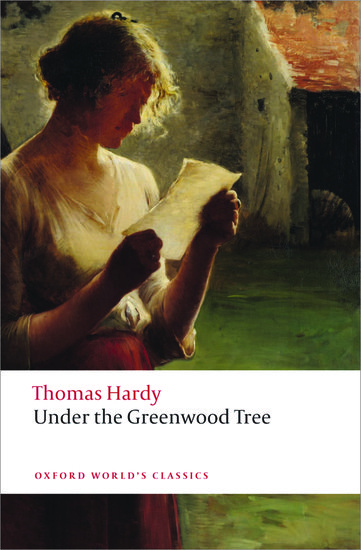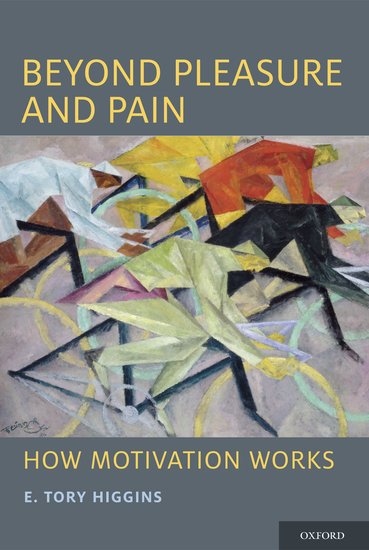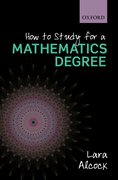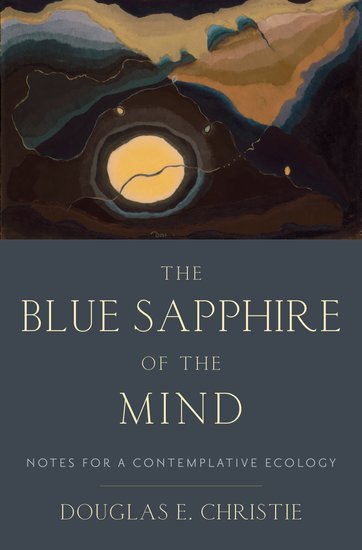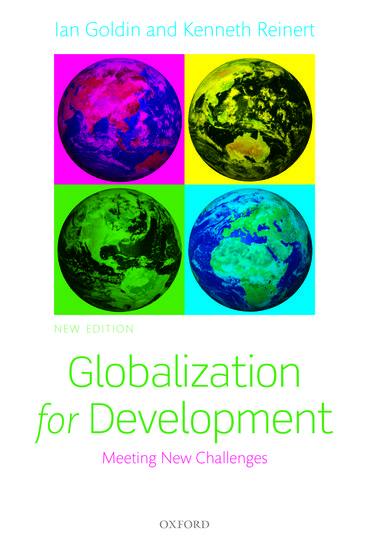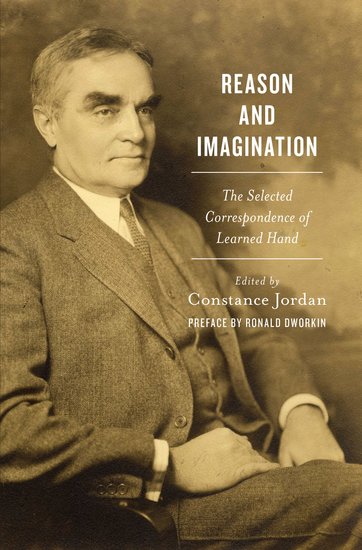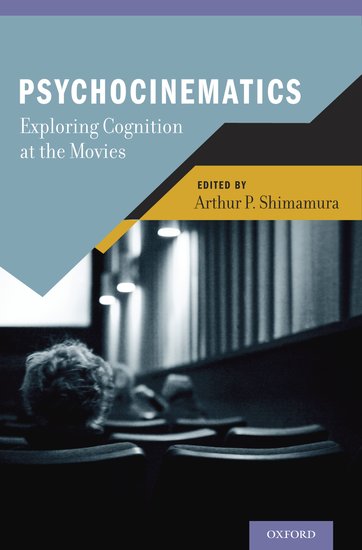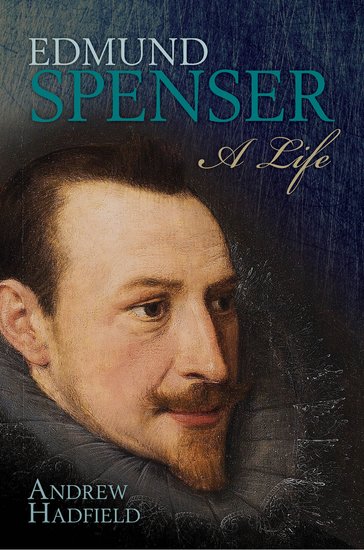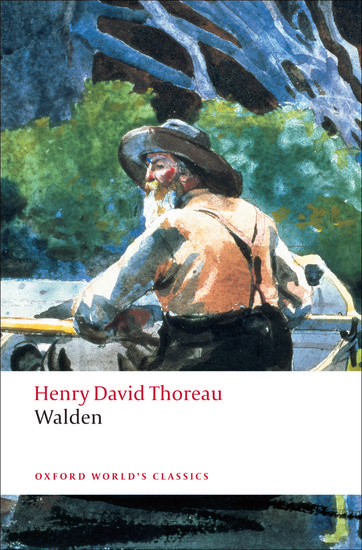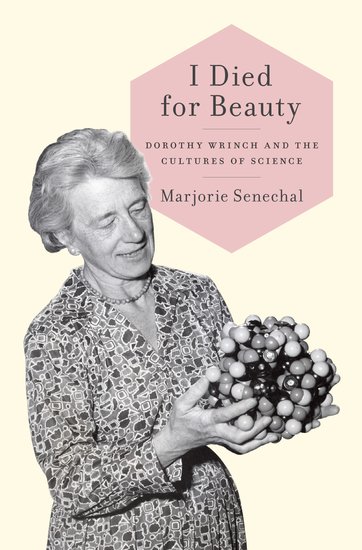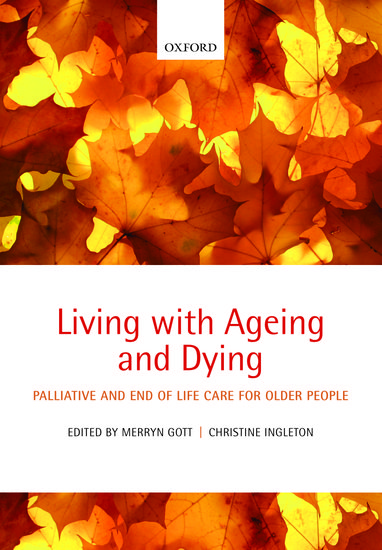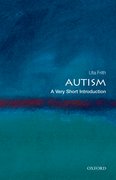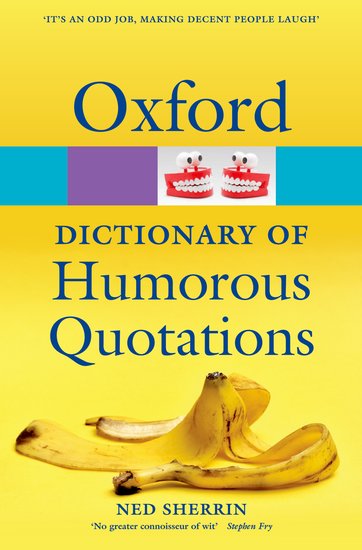The two funerals of Thomas Hardy
By Phillip Mallett
At 2.00 pm on Monday 16 January 1928, there took place simultaneously the two funerals of Thomas Hardy, O.M., poet and novelist. His brother Henry and sister Kate, and his second wife Florence, had supposed that he would be buried in Stinsford, close to his parents, and beneath the tombstone he had himself designed for his first wife, Emma, leaving space for his own name to be added. But within hours of his death on 11 January, Sydney Cockerell and James Barrie had established themselves at his home at Max Gate, and determined that he should be laid in Poets’ Corner in Westminster Abbey.

